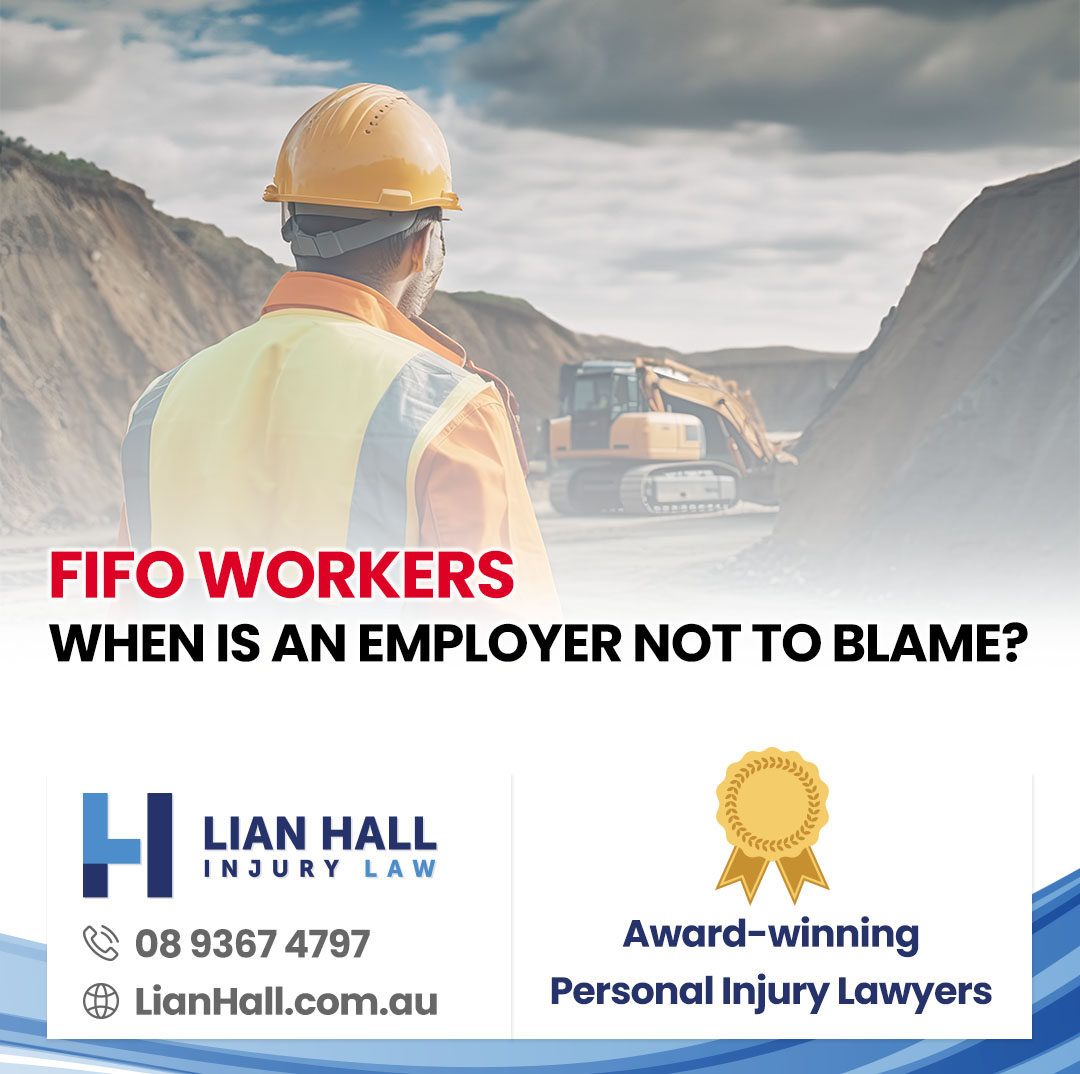Exploring Employer Liability in On-Site Accidents
In a recent High Court case (August 2023) a worker was employed as a food and beverage supervisor at a resort on Daydream Island. It was a requirement of his job that the worker had to live at work for the duration to his swing. The employer provided accommodation on site but the worker had to share a room with another worker. One night the claimant was sleeping when he was woken up by his roommate who was heavily intoxicated and was urinating all over his face. The worker was so shocked and distressed that he suffered PTSD and other injuries. He sued the employer on the basis that the employer owed him a duty of care to make sure that he had a safe place of work – that the employer breached its duty of care by making him share a room with somebody who got drunk and then urinated on him. There was no doubt that the injury had happened at work. The argument was whether the injury happened in circumstances where there was a sufficient connection to the employment such that the employer should be responsible for the injuries. The claimant argued that the offender was in the claimant’s room because the employer insisted on the offender sharing a room with the claimant, therefore there was a connection between his work and the injuries.
FIFO Accident at Work
The High Court was faced with the problem of how to balance the following:
- That if an employer requires a worker to live on site in a FIFO type arrangement, then the workers is at work so surely the employer should be responsible for accidents that are caused by other workers while everybody is on site?
- But surely an employer can’t be responsible for everything that happens on site. Sometimes what a work colleague may do on site has little connection to the job so why should the employer be to blame?
The High Court worked through this problem by saying that for the employer to be responsible the accident must be connected to the work:
- For the employer to be liable the accident must have “happened at work”; but
- The work colleague who caused the injury must also have been doing something that has a connection to the job.
Connection to work
The High Court said that by the employer making a worker share a room or a donga, it is easy to say that if something happened in the room that that happened ‘at work’. But for the employer to be responsible there must be more: the accident must have happened ‘in the course or scope of the employment’. That does not mean that what the worker must prove that what their work colleague did was with the approval of the employer. No, an injured worker does not have to go that far. But rather what you must prove to make the employer responsible is that your work colleague was doing when he caused your injury was something that was generally in pursuance of their work, whether with the consent of the employer or not. In this particular case the High Court said that what the work colleague was doing (getting drunk and urinating on his room-mate) could not be said to be in the furtherance of any aspect of his job, therefore while the worker’s behaviour was a big problem, the employer could not be dragged in and be held accountable. The claimant’s claim against the employer failed.
Lessons
This case is relevant in cases where workers are injured by another worker while on site, but while they are were not actually working. For example, if something happens between workers in a donga, or in the mess, or on a work excursion, etc. If there is an accident and the accident happened because of something that a work colleague did, then the Court and insurance companies are going to look for a “connection to work” before accepting liability. They will look very closely at what their workers were doing at the time of the accident to see whether there is any connection to the job. Going forward, the liability of the employer will not be decided by only arguing that the accident happened at work, but it will be important to show that the guilty work colleague was doing something at the time that was connected to their employment. If you have been in a FIFO accident at work in Western Australia, we strongly recommend that you give your claim the best possible chance and chat with an experienced injury lawyer in Perth. At Lian Hall Injury Law we are always happy to pick up the phone and have a chat to see if we can help.










